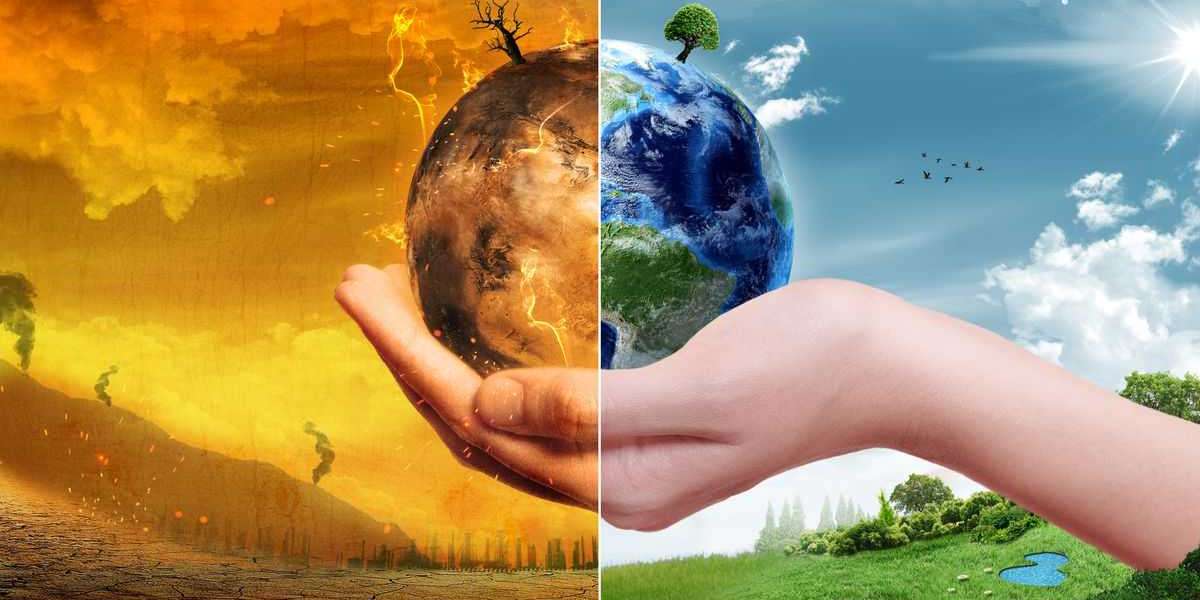Global warming, also known as climate change, is having a significant impact on wildlife all around the world. As the planet's temperature continues to rise, animals are being forced to adapt to new environments, and many species are struggling to survive. Here are some ways in which global warming is affecting wildlife:
Changes in Habitat: One of the most significant effects of global warming on wildlife is the change in habitat. As temperatures rise, many species are being forced to move to cooler regions, and some are unable to find suitable habitats, leading to declines in their populations. This movement is also affecting migration patterns, breeding habits and seasonal cycles of various species.
Changes in Plant Species: Global warming is also causing a shift in the types of plant species that thrive in different environments. This, in turn, affects the animals that depend on these plants for food, shelter, and other resources. As the habitats and food sources of many species are changing, some are not able to adapt fast enough, leading to declines in their populations.
Increased Severity of Natural Disasters: As the planet's temperature continues to rise, natural disasters such as hurricanes, floods, and wildfires are becoming more severe and frequent. These events can have a significant impact on wildlife populations, destroying habitats and food sources, and causing mass migrations.
Loss of Biodiversity: Global warming is also contributing to the loss of biodiversity around the world. As habitats and ecosystems are disrupted, many species are facing extinction, leading to a decline in the overall biodiversity of our planet.
Altered Food Chains: Global warming is altering food chains and disrupting ecosystems. As certain species decline, their predators may struggle to find enough food, leading to further declines in their populations. These changes can have a ripple effect throughout entire ecosystems, affecting all species that depend on them.
Changes in Reproduction and Breeding: Global warming can also affect the reproductive cycles and breeding habits of various species. As temperatures change, some species may breed earlier or later in the year than usual, which can affect the timing of migration or other seasonal activities. These changes can disrupt the balance of ecosystems and affect the survival of many species.
In conclusion, global warming is having a significant impact on wildlife around the world. As the planet's temperature continues to rise, many species are struggling to adapt to changing environments and food sources, and are facing extinction. It is essential that we take action to address global warming and reduce our carbon emissions to mitigate the impact on wildlife and preserve our planet's biodiversity for future generations.


![Kamagra Chewable Online Buy ED Pills [Wordwide Delivery]](https://twistok.com/upload/photos/2022/06/WxBEQnzmYUOBxDByrzhE_10_3fd23dfc854e3707d1c89ea86fbcb9a6_image.jpg)
![Cenforce 50 Mg ED Treatment [Reviews]](https://twistok.com/upload/photos/2022/05/NLyxUISx3H7w1pOo8lX7_17_2084f179987cd5489bf206c7fb488188_image.jpg)
Oladimeji Shoyoye 3 w
Interesting post